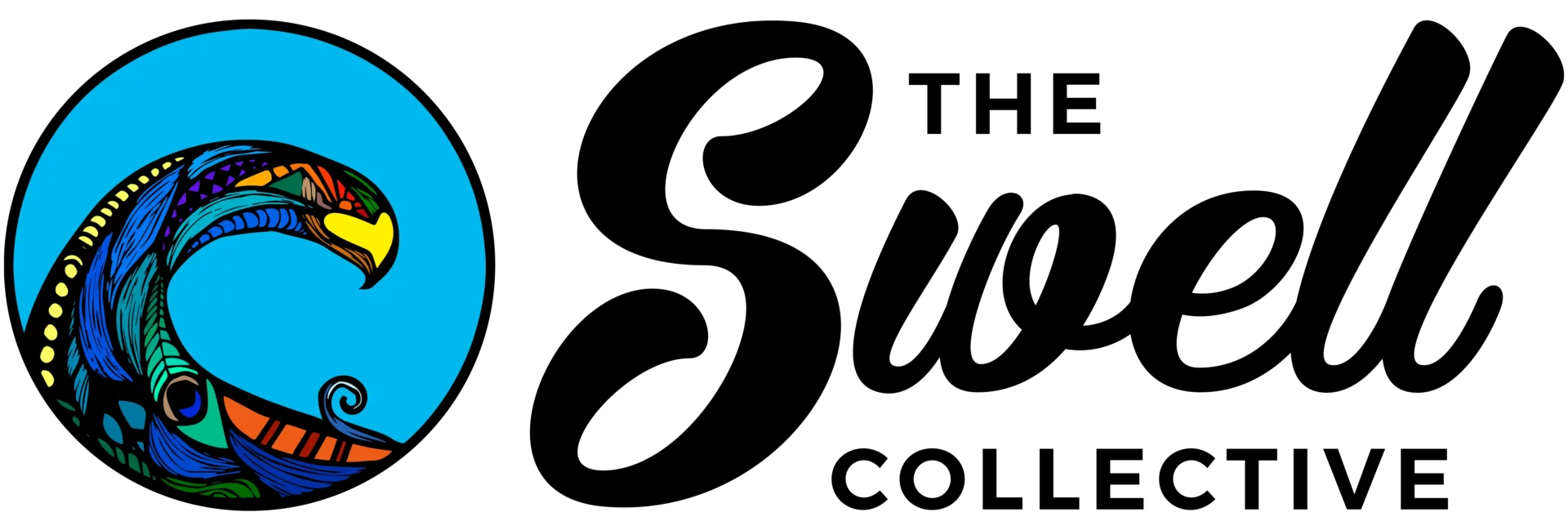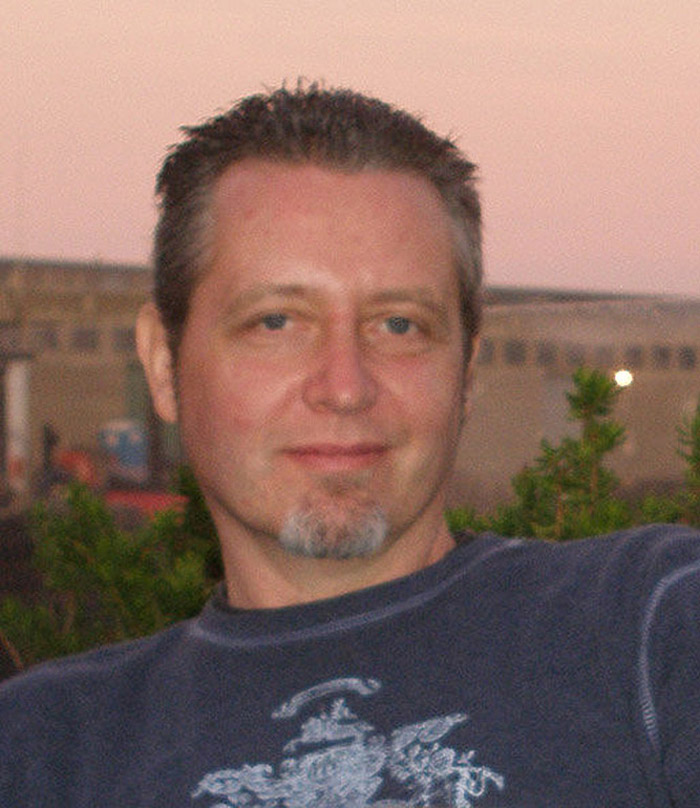Once a week, The Swell Collective features a tribe member living the tribe values out loud. BE GOOD. DO GOOD. SEE GOOD. SHARE GOOD.
Name: John Cameron McClain
Occupation: Writer / Editor
Organization Name: Ponahakeola Press
Contact Info:
Website: http://horri-fi.com/?page_id=11
Twitter: @jcameronmcclain
Facebook: https://www.facebook.com/pakaal
Amazon Author Page: www.amazon.com/J.-Cameron-McClain/e/B009BD63GW
What change in the world would you like to see through the work you’re doing?
I like to think that my work changes the world in two ways. As a writer focusing on speculative fiction, I explore what I see in the news every day, extrapolate what might be coming sometime in the not too distant future, and to write warnings. I love happy endings, but I find that I don’t often write them. Well, no, that’s not exactly true. My characters (the good ones) fight to the finish for good causes, and as often as not there are happy endings. I write what I write because I think we as one species on the planet can do so much better than we do—history be damned. I write as a warning, hoping those who read what I write will then say, “I’d rather avoid this.” This is the message I send to the world— at least, to anyone in the world interested in reading.
The second way is as an editor, and this is change at a much more individually-focused level. The authors I edit write all types of stories, from memoirs to epic fantasy. We—humans—are storytellers. We all have rich personal histories that can serve to enlighten others about the human condition. For those who decide they wish to share those stories via the writing medium, I am the facilitator.
Briefly describe the journey that brought you to the work you are doing today.
I can track writing back to my college years in the 1980s, when I challenged myself to write a set of short stories, one for every letter of the alphabet. Speculative fiction has always been my choice of reading, so the stories were a mish-mash of horror, science fiction, magical realism, and fantasy. At the risk of not finding my “niche market,” I’ve never been interested in writing only one type of story. I just like good stories, whether reading or writing, and want to share what I have.
In terms of editing, I suppose it starts in 1985, when I moved to Japan and became an English teacher. That was the beginning of my in-depth study of how our language works. I enjoyed teaching students to speak better, and the myriad questions they threw at me forced me to constantly try and find explanations that were understandable to them. I spent a lot of time studying grammar books and writing lessons, and some of my proudest moments were when students would tell me that they’d passed exams, and in two cases, had been accepted to universities in the U.S.
In 1992, when SEGA Enterprises hired me, I started my formal study of the editing process. Our team comprised eight to ten writers who, each, were producing a game manual about every two weeks. We would pass around the first drafts, and all writers would edit, each with her or his own colored pen (so that we knew who to ask if we had questions). The first draft of my first manual came back with a rainbow on each page. I think one or two sentences were left untouched, out of a 32-page manual. But I persevered, and a few decades’ worth of ad, technical manual, and creative copywriting and editing later, here I am helping other writers improve their craft and art.
What or who inspires you? Why?
My writers inspire me. To see people holding down day jobs, raising children, taking care of their parents, and dealing with all sorts of personal trouble that would stop most people in their tracks, then sitting down and writing anyway, is very inspiring. It’s the love of story and the need to share that story with others that drives them, and I find that a wonderful thing.
What is your greatest personal or professional challenge at the moment? How are you working to overcome it?
I took a big chance leaving a steady job to return to school to get a degree. As it turned out, my Plan A of going to graduate school didn’t work out, and my Plan B of becoming a professional editor, while successful, isn’t yet providing me the means to be financially independent. I’m blessed to have friends in the area who have given me a place to stay, while I continue to work to get stability in my life. At this point, I’m looking for a day job so that I can continue to write, and continue to support my current clients, all of whom are wonderful people and great—and constantly improving—writers. I’m looking forward to seeing them grow over the years and decades, and helping them spread their marvelous stories far and wide.
What advice would you give your 18 year old self?
Ooh, a time travel question! 😉 Time travel is a dangerous thing, as speculative fiction writers will tell you.
I have always tried to live a life without regret. The responsibility that goes with that way of living is being conscious of what I say and do, and learning from my experiences rather than wish I’d done things differently. I’m far from perfect, but the me until now has always tried to keep improving, so I’m not sure I’d want my 18 year old self to do anything differently.
What is most rewarding about the work that you do?
Writing 80,000 words is a difficult process, no matter how good or important a writer may feel her or his story to be. And once that is done, reviewing, revising, changing, editing, adding, deleting, and finally publishing it, are all difficult processes as well. In the end, though, when the writer launches the book she or he has shed blood sweat and tears over, the sense of achievement is a fantastic feeling. I’m constantly rewarded by the pleasure and sense of achievement my writers have in their achievements. Giving my time and energy to help them succeed is repaid many-fold in their successes.
Anything else you’d like us to know or share with our fellow Swell mates?
I’m sure most of our Swell people already know this, but paying it forward is the best gift you can give. It’s a boomerang of light that always manages to come back around, at least as far as I can tell. Keep sending it out.





